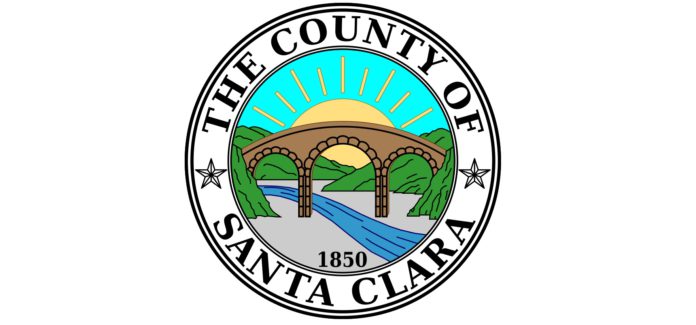The County of Santa Clara announced last week that it will be augmenting its substance use treatment services with additional inpatient, residential and outpatient offerings through the Behavioral Health Services Department and Santa Clara Valley Healthcare to serve thousands of the county’s most vulnerable residents each year.
“Substance use disorders can be one of the biggest challenges that anyone, individuals, families or communities, can face and this expansion of services will help ease that burden for everyone,” said Supervisor Susan Ellenberg, president of the Santa Clara County Board of Supervisors. “We have made some great inroads, and this latest round of expansion targets our vulnerable population specifically in need of substance use disorder services.”
Ellenberg and Supervisor Otto Lee co-authored the January 2022 declaration of a public crisis in mental health and substance use.
The county is pursuing a goal to double the number of individuals receiving substance use treatment by 2030, from the 10,000 currently served annually to approximately 20,000, officials said in a press release.
In South County, the expanded services include a new BHSD contract with Recover Medical Group to provide outpatient substance use treatment services to about 600-700 people a year.
“This is tremendous news that these much needed services will be coming to a South County location convenient for those living in Morgan Hill, Gilroy and San Martin,” said Supervisor Sylvia Arenas. “I have been advocating for this and am proud the county will be able to provide the substance use treatment services South County residents deserve.”
Moving toward the county’s 2030 goal, BHSD is partnering with SCVH to establish the new COMPassionate Addiction Services & Support (COMPASS) Clinic at Valley Health Center Moorpark, said the county’s press release. SCVH will add eight positions to support this clinic as well as a new Inpatient Addiction Consult Service, both of which aim to provide continuous, patient-centered care from hospitalization to outpatient recovery.
The COMPASS clinic and inpatient services are expected to serve approximately 1,500 patients annually, with a projected start date in Spring 2025.
“It’s crystal clear that there is an urgent need for additional substance use treatment services,” Lee said. “This ambitious plan to get more services to those who will benefit from it, and in receiving help, will in turn benefit the whole community.”
Additional upcoming expanded substance use treatment programs in Santa Clara County include:
- BHSD has recently executed a contract with Our Common Ground, Inc. for seven additional residential substance use treatment beds. These beds could potentially serve up to 80 additional clients each year. To date, the county has added/accessed an additional 194 mental health or substance use treatment beds since 2022, with another 227 beds in progress. The county’s ultimate goal is to add 530 beds (50% increase) to its system of care by 2030.
- For expanded outreach for the unhoused population, the Valley Homeless Healthcare Program will expand its mobile team, and BHSD is piloting on-site substance use treatment services through county-contracted providers at homeless shelters, interim and permanent housing sites, re-entry centers, and similar facilities.
“The opening of the new COMPASS clinic will be a terrific addition to the county’s capacity for the care of people with substance use disorders,” said Dr. Cheryl Ho, the county’s Substance Use Treatment Services Medical Director. “By offering drop-in access to medications for addiction treatment, medical evaluations for detox, and close coordination with both the hospital and the substance use treatment system—which includes withdrawal management and residential—we can ensure a holistic approach to addiction treatment and continued support after patients are discharged.”
Paul E. Lorenz, CEO of Santa Clara Valley Health Care, said the programs will ease impacts on other county services.
“These services will provide continuous care, reduce Emergency Department visits and jail encounters, and promote long-term recovery through comprehensive treatment options,” Lorenz said. “Increasing access will improve health outcomes and the quality of life for our patients.”














